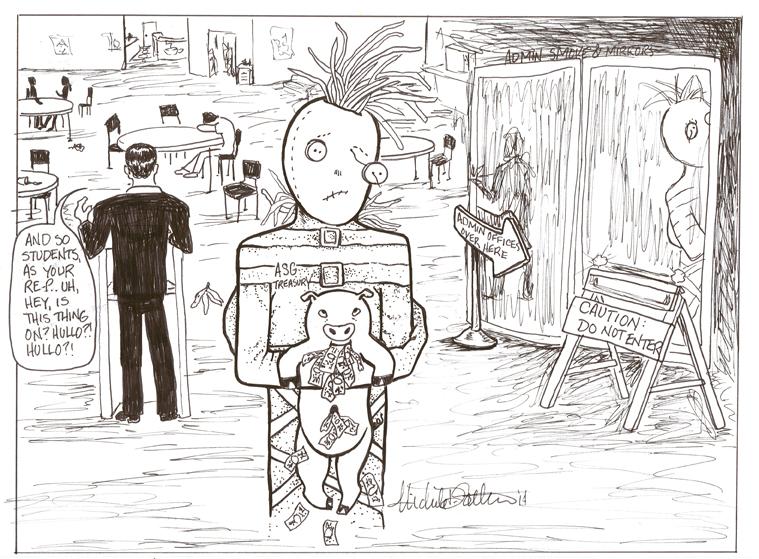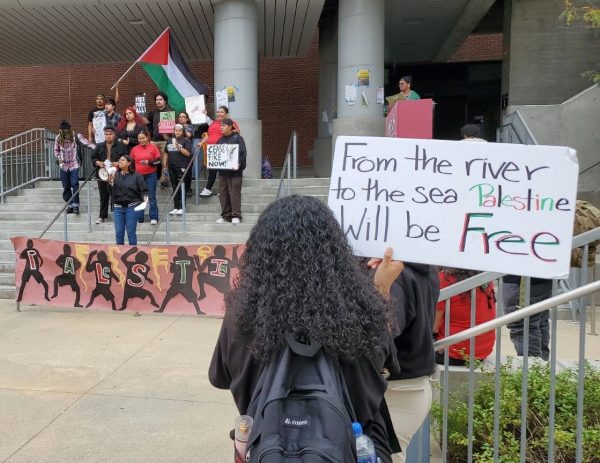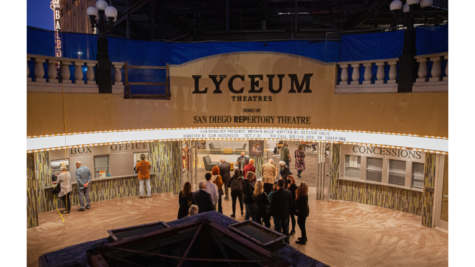Associated Students (not quite a) Government
May 20, 2014
The Associated Student Government (ASG) of City College has a problem: It is not a government, which might be fine. There are many great things that are not governments.
And certain events the ASG attend annually, such as the Student Senate for California Community Colleges (SSCCC) conference, are the embodiment of everything wrong with student governments. On the surface, it seems like the intrepid leaders of tomorrow getting together to discuss what they see as the biggest issues for their constituency, but is it?
Their resolutions addressed important issues – free speech, sustainability, gender equality, student loans and more – and it all seems great until you realize an important detail. The SSCCC has no power. All of the resolutions are only to urge lawmakers in Sacramento to make the necessary changes.
The glaring hole is: What if they say no? How can the ASG be affective at advocacy when it is toothless?
For example, clubs at Mesa, Miramar and probably every other educational facility in the nation can fundraise using a non-profit status available through their school. City College clubs cannot.
This is a situation which obviously harms the students with no obvious benefits to the administration. As they should, some of the ASG members have been campaigning to change this for over a year.
After a year, however, it is time to change strategies. Either the administration or the San Diego City College Foundation (the campus non-profit) are not getting the message.
Encouraging all the club leaders to lobby the foundation in person would be a great place to start.
Bureaucratic issues are not the only ways ASG spends its time though. Planning and supporting events are the strengths of City’s ASG. The Centennial Club Rush at the start of the quarter was a triumph and energized the campus in a way that is rarely seen.
But there is a time to take a stand and confront controversial issues as well.
One such moment came in Fall 2013, when a disagreement between student clubs and the administration delayed the display of a mural celebrating the life of Diana Gonzalez, who was murdered on campus by her estranged husband in 2010.
Responding to outcry from the student body, the ASG lobbied the administration to allow the mural to be displayed as was originally intended by its student creators.
When meeting with the ASG, the administration cited reasons not to display the mural at that time.
“Do we really want City College to be in the news repeatedly for the campus where a murder occurred?” asked Interim City College President Lynn Neault, “Do we want that to be the public image of the campus?”
Image concerns are an inadequate excuse to erase a memory of tragedy. One of the biggest problems for victims of domestic violence is isolation, and by removing evidence of the deadly event, it prevents it from being a teachable moment.
This is one example of how the ASG could drawn lines in the sand. One tactic would be to refuse assistance with any upcoming events, such as the 100 Year Commencement ceremony.
For perspective on the ASG electoral process, please see: https://www.sdcitytimes.com/opinion/2014/05/20/turnout-relies-on-effective-access-to-visible-candidates/













